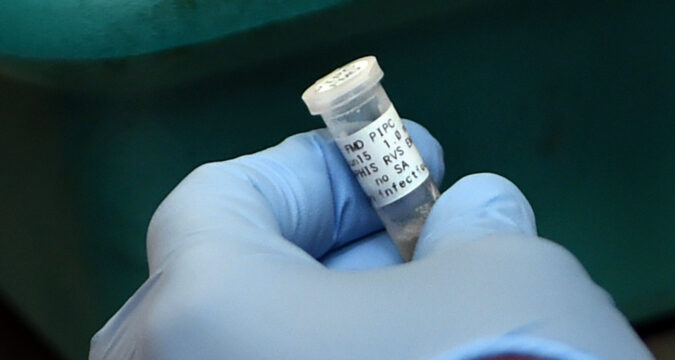
With the National Institutes of Health shifting funding toward human-relevant, non-animal science, Connecticut’s leadership in bioscience has a timely opportunity to champion research methods that best predict human outcomes. State-of-the-art, non-animal approaches—built on human cells, tissues, and data—model human biology directly and often outperform animal experiments.
Animal tests are lengthy, expensive, and frequently misleading; physiological differences mean results that look promising in mice or monkeys too often fail in people. In contrast, organoids (mini-organs), organs-on-chips (microdevices lined with human cells), 3D bioprinting, high-throughput screening, and artificial intelligence enable faster, cheaper, and more reliable discovery. These tools can incorporate patient-specific cells and real-world clinical data, bringing precision and reproducibility that experiments on animals cannot match and opening the door to the age of personalized medicine.
Directing state investment toward these human-relevant platforms—paired with workforce training and supportive regulatory pathways—would accelerate cures, reduce costs, and uphold strong ethics. It would also keep Connecticut competitive as sponsors seek predictive models that lower late-stage drug failure.
Let’s build on our strengths by prioritizing innovation that serves patients first: modern methods that reflect human biology, deliver better science, and replace antiquated animal testing.
Moira Colley of Fairfield is senior media relations director PETA